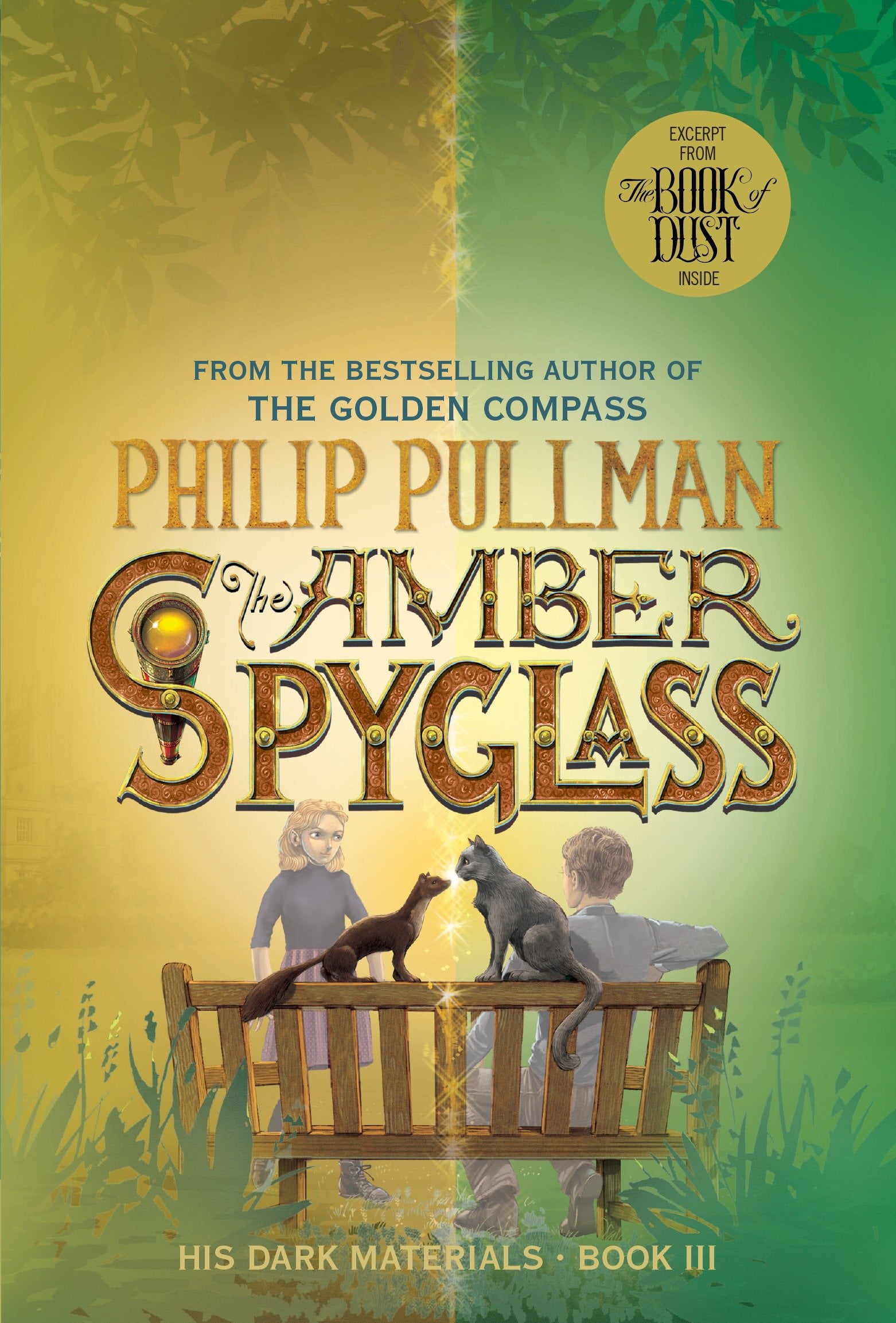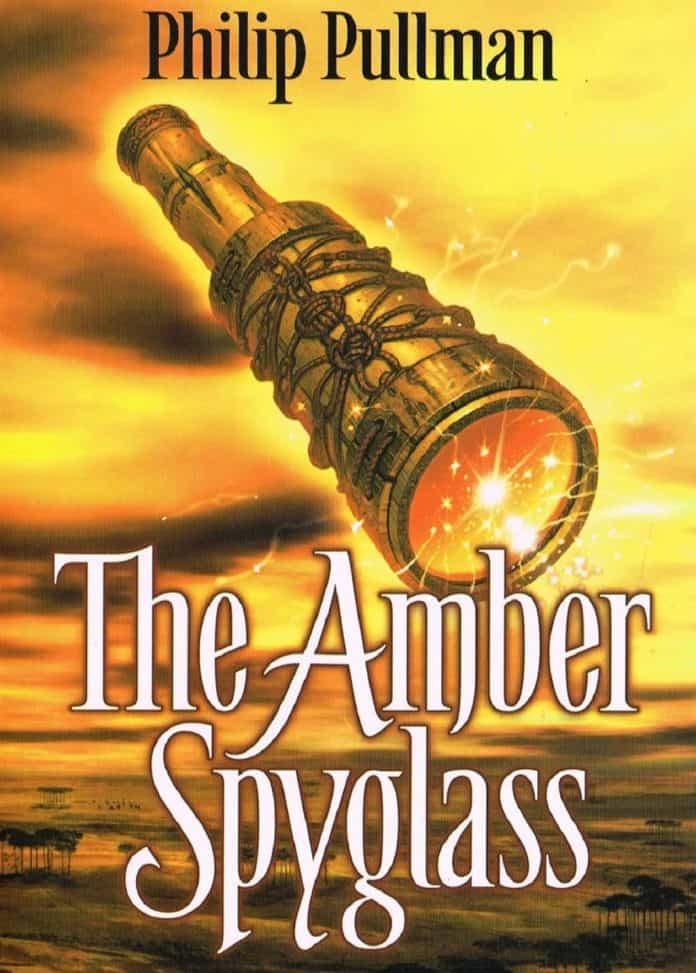



Lyra discovers a dangerous secret that involves Lord Asriel and Marisa Coulter, and is the subject of a witches' prophecy that she will change the world. The series follows the life of a young girl named Lyra who is an orphan living with the scholars at Jordan College, Oxford, in a world governed by the Magisterium, a religious and political body. It begins in an alternative world where all humans' souls manifest as animal companions called daemons. The series is based on Philip Pullman's trilogy of the same name. That ending wrecked me, and it was perfect.His Dark Materials is set in a multi-world reality, with the action moving from one world to another. Their loss, so enormous, is both the price of the earthly love that Pullman celebrates and the thing that makes it glorious. Thorne wisely dispenses with this anthem in favor of a montage that reflects what most readers have always cared about the most, indeed have likely played out in their imaginations already: Will and Lyra, year after year, returning to their bench in the botanic gardens, together and alone. Pullman concludes with Lyra consoling herself with a grand vision of people across the universes working toward a true Republic of Heaven. The series handles the story’s ending equally well. If the series doesn’t always articulate this idea effectively in its most fantastical sequences, its footing is very sure where it counts, as Mary recalls her joyful loss of faith and Will and Lyra fall in love. It’s moments like these-including the awkward, tender, magical transition in Will and Lyra’s relationship, inspired by Mary’s story-that ground the cosmic conflict of Pullman’s trilogy in the precious ephemera of everyday life. How Plausible Is Succession’s Election Nightmare? It Is Long Past Time to Retire the Oldest, Dumbest Debate in Literary History

After Succession’s Chilling Election-Night Episode, the Show Can Never Be the Same


 0 kommentar(er)
0 kommentar(er)
